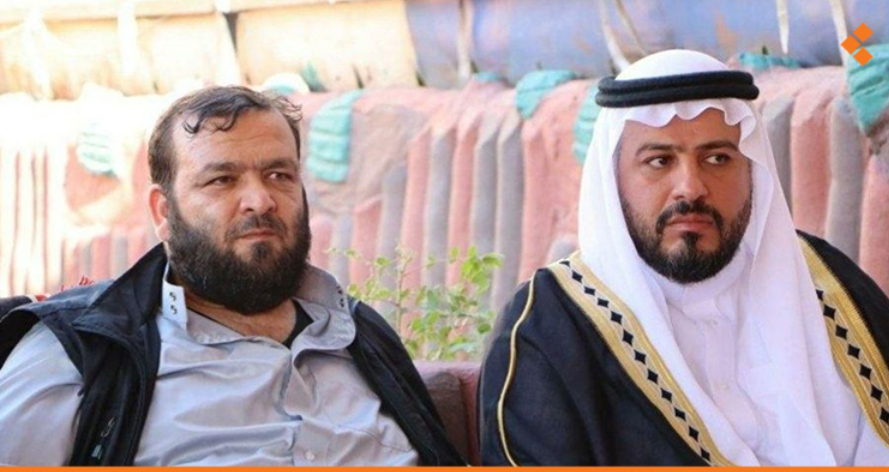Following the Syrian Ministry of Foreign Affairs condemnation of Jordanian military operations within Syrian borders, the official spokesperson for the Kingdom of Jordan firmly denied any insinuations that Jordan’s border had previously posed a security threat to Syria or served as a transit point for terrorists. These terrorists, Jordan claims, were confronted by Jordan first. The spokesperson asserted, “Jordan will continue to be a bastion of safety, support, and solidarity for our Syrian brothers and sisters in Daraa, Suweida, and across Syria.”
The Jordanian spokesperson emphasized their nation’s ongoing efforts to facilitate an end to the Syrian crisis, aiming for a political resolution that ensures Syria’s security, unity, and sovereignty, free from terrorism, chaos, and drug trafficking, and fulfilling the aspirations of its people. However, this statement seemingly overlooks Jordan’s past actions, particularly its role in the “MOC” operation room, where, for many years, terrorists were allegedly trained, armed, and transported from Jordanian territory into Syria, with substantial financial backing aimed at destabilizing Syria. This assertion aligns with former Qatari Foreign Minister Hamad bin Jassim’s confession, citing Jordan as a key ally in an alliance led by Washington and certain Gulf states, intent on undermining Syria.
Syria Expresses Regret and Criticizes Jordanian Air Strikes on its Territory
Regarding the Jordanian spokesperson’s claim that their military operations target drug traffickers, this too raises questions. Prior to the Syrian conflict, the Syrian state had full control over its borders, and these traffickers were not a known issue. It’s suggested that these traffickers are not operating independently but in collaboration with Jordanian counterparts. Therefore, it might be more prudent for Jordan to focus on apprehending these elements within its own borders, similar to Syria’s efforts when capable.
The Jordanian claim of notifying Syrian authorities about these traffickers, and Damascus’s alleged inaction, may be attributed to the ongoing chaos in Daraa and Suweida. This unrest, fueled by externally supported gangs, continues to result in the loss of Syrian civilian, police, and military lives.
While deceit can be a political tool, its use becomes evident when Jordan professes concern for Syrian security and safety, especially after a period marked by collusion and actions favoring the United States. Damascus, having normalized relations with Arab nations and moved past previous conflicts for the region’s future, remains committed to maintaining positive relations with the Hashemite Kingdom of Jordan. However, Damascus insists on non-interference in Syrian internal affairs by any Arab or non-Arab entities, rejecting any pressures or preconditions aimed at imposing a Washington-centric political solution, disregarding the interests of Damascus or Amman.
It is essential for all Arab nations to cooperate in safeguarding their peoples and sovereignty. Syria has advocated for this and has engaged in coordination with Oman through various visits and agreements, which should be honored unconditionally.
As for the indirect and direct threats issued by the Jordanian spokesperson, they hold little substance or value. Syria intends to interact with the Jordanian people in a spirit of fraternity, avoiding any provocations that would distort facts, create pretexts, or escalate tensions.
This article was translated and edited by The Syrian Observer. The Syrian Observer has not verified the content of this story. Responsibility for the information and views set out in this article lies entirely with the author.


